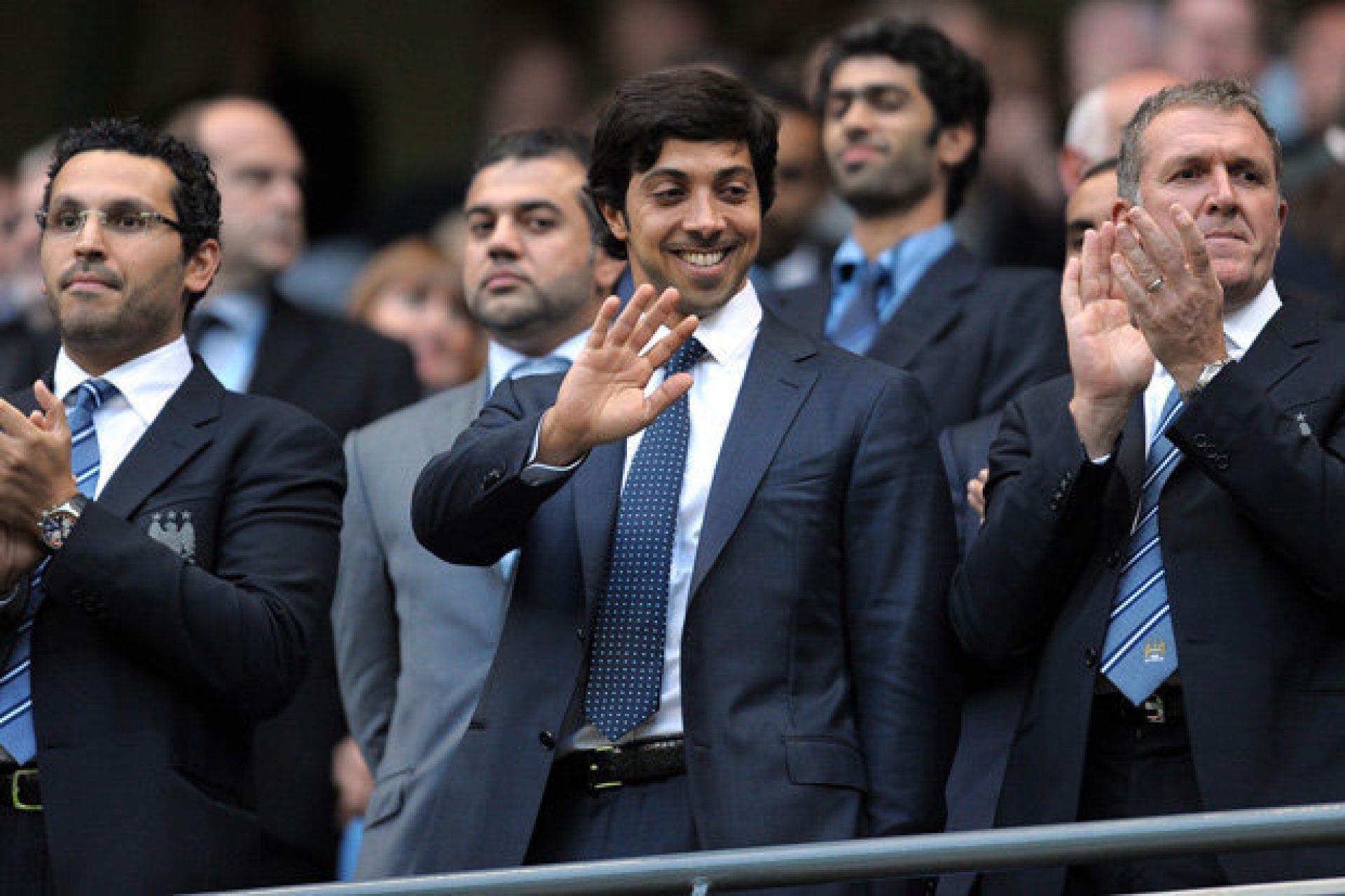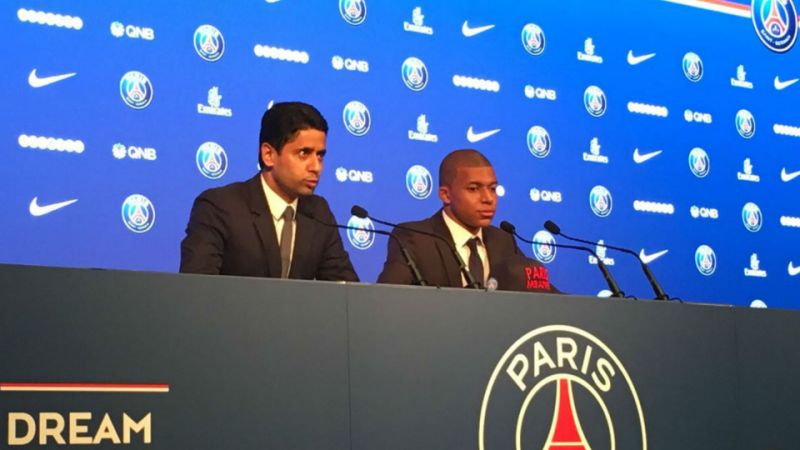
Two months ago, UEFA President Aleksander Čeferin said that UEFA’s Financial Fair Play regulations has made European football finances stronger than ever before. New figures analyzing the finances of 718 first-division clubs in Europe, compiled by UEFA’s financial sustainability & research division and which cover the period up to and including December 2017, show that in 2017, for the first time on record, European top-division club football was profitable. The UEFA President stated: “Thanks to Financial Fair Play, European football is healthier than ever. The €600 million combined profits of the clubs in 2017 is a remarkable improvement on the €1,700 million combined losses in 2011 when UEFA’s Financial Fair Play regulations were introduced. This clearly demonstrates that Financial Fair Play works.”
Is the governing body serious about this regulation?
Last week, a German magazine Der Spiegel published articles where French giants Paris Saint-Germain and English champions Manchester City were accused of overvaluing sponsorship deals to meet FFP rules. The allegations were based on documents released by Football Leaks and it claimed UEFA was not aware of the extent of the alleged sham when a fine of £49 million was imposed with £32 million of it suspended in 2014.
Der Spiegel claimed last week that City and PSG breached FFP rules by €188 million (£164m) and €215m (£188m) respectively in 2014, and tried to cover up the breach using vast sponsorship deals connected to their oil-rich owners that far exceeded their true market value. City have subsequently been accused in more leaked documents of an extraordinary array of attempts to inflate and backdate sponsorship deals to “deceive” UEFA.
UEFA is yet to comment publicly out of fear the European governing body’s links with broadcaster beIN Sport, who have committed billions of pounds to televise Champions League matches and other competitions, present an obstacle to UEFA acting. BeIN are owned by the sovereign wealth fund of the Qatari royal family, who also own PSG. City are owned by the ruling family of Abu Dhabi in the United Arab Emirates. “There’s a conflict of interest,” Javier Tebas, chief executive of Spanish football’s top division, told The New York Times. City and PSG have not commented on his remarks. Tebas – who wrote to UEFA more than a year ago to demand action against City and PSG – echoed comments from a LaLiga spokesman on Tuesday by confirming he would lodge a complaint with the European Union competition authorities if UEFA does not take action.

According to the leaks, Manchester City are facing damning allegations. It is alleged that City’s Abu Dhabi owners pushed ahead with a £7m-a-year regional sponsorship contract with Arabtec, a controversial Dubai-based construction company, despite staff at the Premier League club expressing concerns about the morality of such a deal and the impact on their reputation. Der Spiegel referenced a risk analysis report regarding a possible deal with Arabtec that was carried out by City executives. The BBC had reported in 2009 how poorly Arabtec had treated its employees. Arabtec workers had gone on strike in May 2013, which was said to have resulted “in violence and deportations”. There had also been reports about the dire conditions in Abu Dhabi for migrant workers.
UEFA’s financial taskforce are due to meet on Wednesday to review PSG’s finances following the £199m and £165m purchases of Neymar and Kylian Mbappe respectively. PSG are reportedly attempting to block a UEFA review of those deals through an appeal to the Court of Arbitration for Sport. Football Leaks also points the finger at PSG’s five-year agreement with the Qatar Tourism Authority (QTA), worth €1.075 billion, or €215 million a year. The most generous estimate made by independent auditors assigned by UEFA valued the contract at only €2.8 million a year.
UEFA rules say clubs cannot spend more than they earn in any given season and deficits must fall within a €30 million limit over three seasons. But despite the audit, both clubs, owned and bankrolled by wealth from Qatar and Abu Dhabi respectively, have avoided the most severe FFP punishment of being excluded from the UEFA Champions League.

With the new revelation, UEFA will be forced to re-open investigation into these two clubs backed by wealthy owners and conduct thorough evaluation of their books to determine the facts.
Could there a ban?
Transfer restriction proposals relating to FFP was announced in 2011 by UEFA. However, this proposition is not legally enforceable because FIFA and league bodies (Premier League, LaLiga, etc) are responsible for players’ registrations but UEFA could restrict the number of eligible players to be registered for its competition.
An outright ban in participating in UEFA competitions would be the extreme case but that is subject to investigation outcome. Dr Borja Garcia, a senior lecturer in Sport Management and Policy at Loughborough University said, “UEFA knows that Financial Fair Play is on shaky legal grounds and then UEFA has a decision to make, do they lower the penalty or do they impose the full penalty and then go to court and defend the full system.”
There is no formal comment or action from UEFA or both accused clubs yet but opinions are being formed based on Der Spiegel publication last week. The weeks ahead will provide us with further information on UEFA’s ultimate position on its Financial Fair Play regulation with wealthy clubs being accused of financial doping and fraudulent reports on their finance.